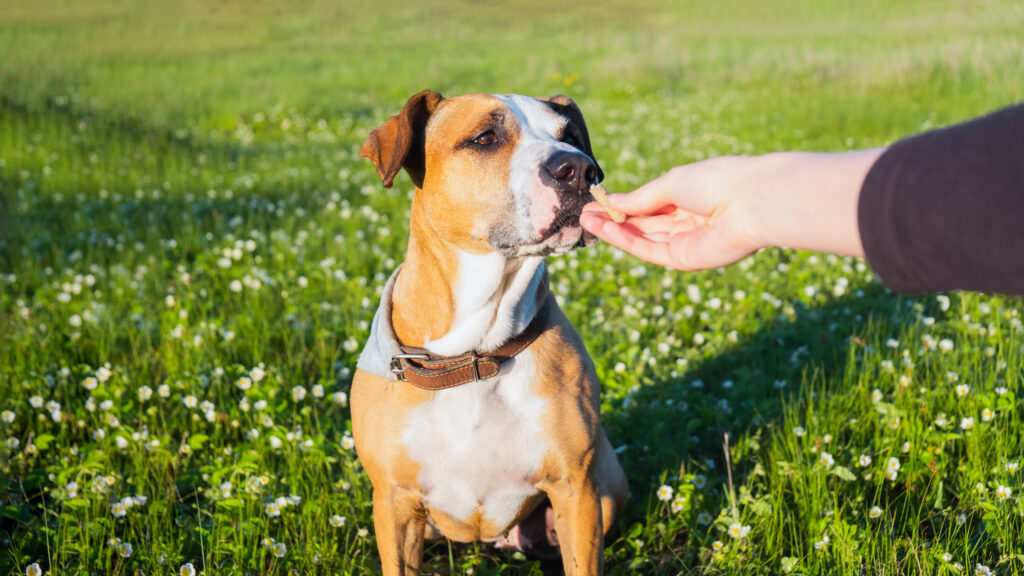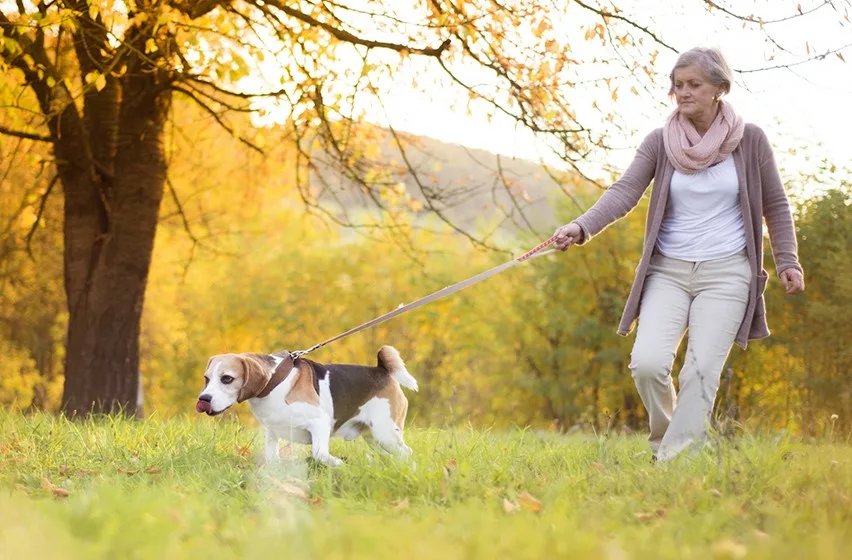
Dog Barking at Other Dogs: How to Manage and Mitigate
Share
Why does your beloved pooch bark intermittently at other dogs? If youve ever found yourself pondering this, you're not alone. For health-conscious pet owners prioritizing their pet's mental and physical well-being, understanding why dog barking at other dogs occurs and crafting effective solutions is crucial. Barking is a natural canine behavior, but excessive barking can lead to stress for your dog and disrupt your quiet neighborhood. In this article, we delve into understanding the underlying causes and propose actionable strategies for better management.

Understanding the Causes
Your canine friend's frequent barking during encounters with other dogs can spring from various stimuli. Fear, excitement, territorial instincts, or even a lack of socialization are common contributors. Curious about deciphering your dogs barks? Our comprehensive guide on dog barking solutions can provide insights into the nuances of different barks.
Fear and Anxiety
Many dogs bark because they're scared or anxious. Past traumas or inadequate exposure to other dogs during their formative years might contribute to this. The goal is to gradually reduce the fear by gentle encouragement and controlled exposure. Owners might want to consider routines recommended by seasoned trainers. Check out these dog training tips for a structured approach to addressing these anxieties.
Socialization and Training Approach
Proper socialization is the linchpin to ensuring your dog handles canine interactions with measured aplomb. Socializing them adequately during the puppy stage prevents overenthusiastic or adverse reactions to new dogs. Healthy socialization is reflected in well-behaved interactions and a general reduction in dog barking at other dogs. For more insights on this, visit our piece on dog barking training.
Solutions and Tools
Behavioral Interventions
If behavioral interventions appeal to you, positive reinforcement is your best friend. Reward calm behavior and offers consistent training, and before long, you'll notice improvements in your pet's interaction with other dogs. Delve deeper into reward systems in our article on barking control devices, which pairs training insights with technology.
Physical Exercise
Dogs with surplus energy tend to bark predominantly. Including regular exercise in their daily routine saps this excess energy, leaving minimal room for unnecessary barking. Tailor exercise routines to your pup's breed and health needs. Engage them with a mix of physical activities, such as running, agility courses, and interactive play.
Medical Check-up
If attempts at training or exercise don't yield results, a veterinary consultation may be warranted. Undiagnosed medical issues may exacerbate your dog's barking. Professional evaluations ensure both physical and mental health issues are identified and addressed promptly.
The Role of Environment
Your dog's immediate surroundings substantially influence its behavior. Foster a peaceful environment; declutter their space, ensure they have personal areas they can retreat to, and maintain consistent routines.
Leveraging Professional Help
Sometimes, solutions necessitate the expertise of qualified dog trainers. Consult resources like dog barking at night for recommendations about local trainers specializing in canine interactions.

FAQ Section
Why does my dog bark excessively at other dogs?
It could stem from anxiety, lack of socialization, or territorial instincts. Addressing these concerns often requires a mix of training and environment adjustments.
How do I reduce my dog's barking at other dogs?
Utilize positive reinforcement, gradual exposure, and ensure ample physical exercise. For more tips, see our training guide on dog barking at strangers.
Should I seek professional help for my dog's barking?
If consistent efforts don't yield results, professional trainers equipped with the nuances of behavioral interventions are recommended.
Understanding the dynamics behind dog barking at other dogs opens pathways to peaceful coexistence in shared spaces. Equipped with informed strategies, pet owners can ensure that their tail-wagging companions stay happy, healthy, and well-adjusted.
This article contains affiliate links. We may earn a commission at no extra cost to you.
